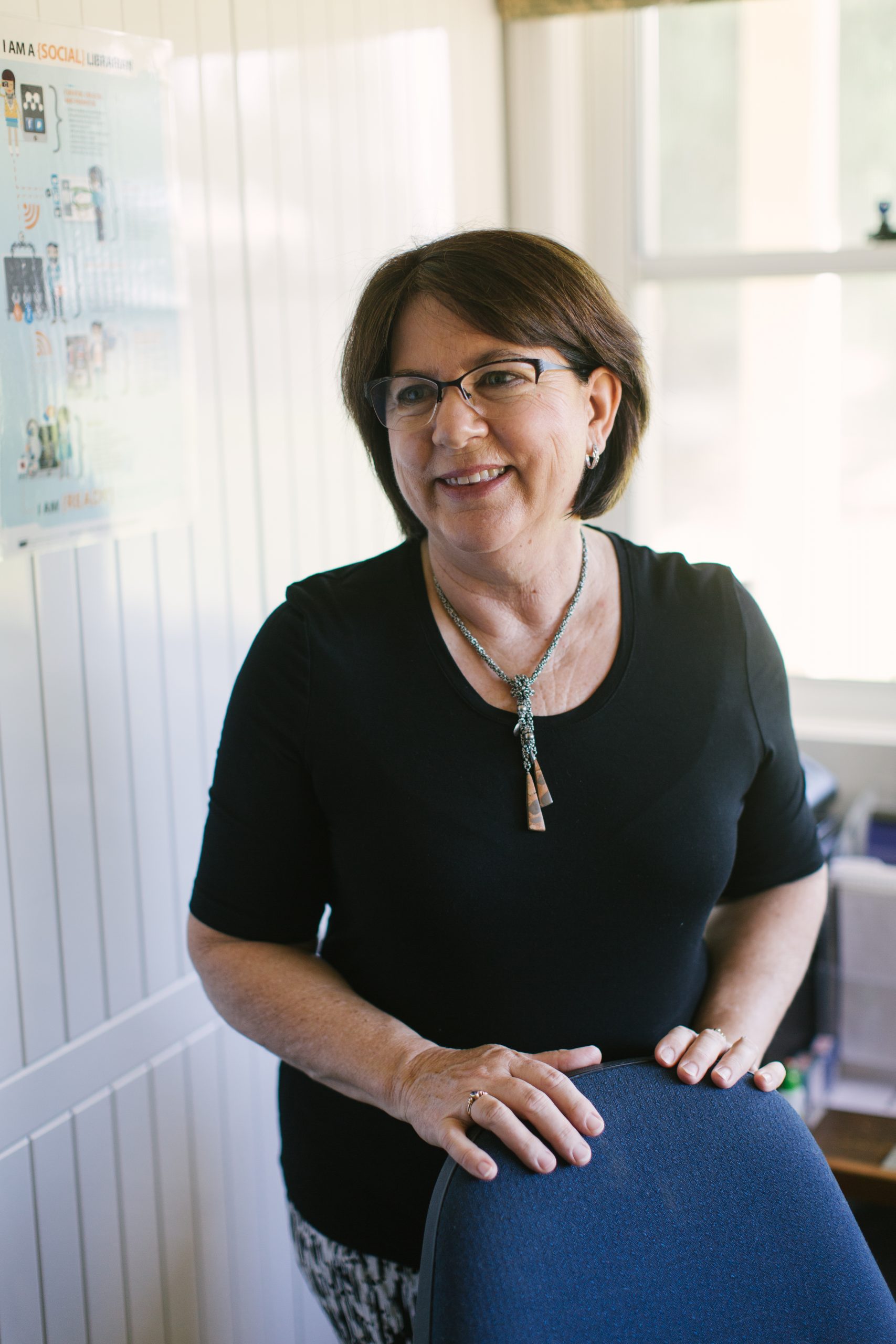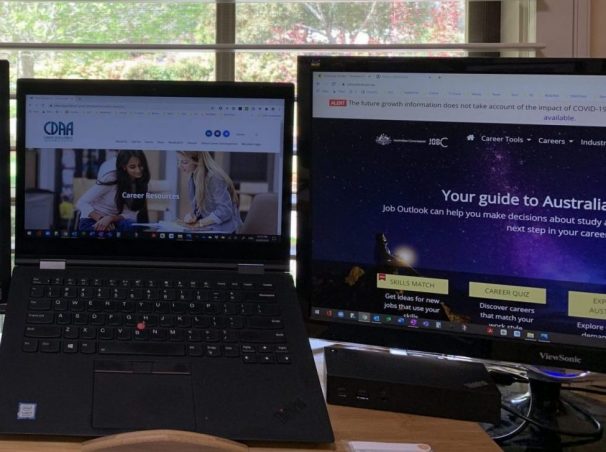Over the last 16 months we have all been more or less forced into working remotely. Really when we think about it there has been the opportunity for this to happen much sooner as technology has been providing the capability for us to work from anywhere but it took COVID-19 to make it a wholesale way of working.
Funnily enough remote or distance study has been an accepted mode of study for quite a long time. I was training vocational education teachers on how to use video conferencing and virtual classrooms in 2010.
Whether you like or dislike working remotely, particularly from home can be very dependent on your situation. If you have young children or live with others in a shared space this can make working from your home very complicated.
So what are people liking about working remotely?
For many people, this has been a real eye-opener. Some people have realised how much more they can get done when working from home.
Others how much they love being able to work to their ‘individual productivity flow’.
Some of the people I talk to have found they are able to work more productively due to less interruptions, a quieter workspace and by being able to organise their own schedule to maximise their productivity plus they don’t waste time commuting.
What are people disliking about working remotel
Those people who love working with others, bouncing ideas around and informal but productive networking are missing the spontaneity of working in an office.
Some people find they are more productive in a noisy space and have had to manufacture that noise themselves with music or podcasts …
Even those who like working alone are finding the constant strain of Zoom meetings and the ding of the workplace chat group is annoying and tiring. Burn out with Zoom seems to be a common refrain.
So if you are serious about working remotely.
Here are some things to think about to make sure that remote work will suit you.
1. Take time to reflect on how you work and how this fits with remote work
One essential is to understand how you like to work and the skills that you need to work remotely and then the technical and employability skills you possess.
Note: Your technical skills are those skills that allow you to do the tasks of your job eg create blueprints, accounting, or digital marketing.
Whereas your employability skills, sometimes called soft or transferrable skills, are less specific to the industry you work in and include things like interpersonal skills, ability to work to a deadline, your attitude and values that help you become a productive part of a workplace, team or even become a leader.
Your employability skills can often transfer from job to job or even across careers.
There are a lot of employabilty skills that employers are looking for but some of the key skills that we have found employers are looking for in remote workers are:
Adaptability/Flexibility & Resilience so you can adapt to the diverse work requirements, and resilience helps you manage stress and resolve conflict etc more quickly.
- Organisational & Time Management Skills
- Tech Savvy or be Digital Literate (by this we mean that you ‘the ability to identify & use technology confidently, creatively and critically to meet the demands of living, learning and working in a digital society” (Deakin Uni)
- Problem solving skills are essential as you will be working on your own so will need to be able to work through problems
- Self Motivated & independent worker – if you are not a self starter and able to motivate yourself then you will find it difficult
- Be an excellent communicator – both verbally and in writing but it is especially important when on video & phone calls to be a good listener, and to be aware of the constraints video calls can place on communication
- Good interpersonal skills – in some ways this is even more important than when you work in an office as you don’t get those informal meet ups to build relationships, also reading facial expressions and body language is not as easy as it is face-to-face. You may have to work harder at building productive and supportive relationships
- Reliability/Dependability – in remote work this is essential as your employer may be a bit worried that they are paying you and they can’t see exactly what you are doing.
- Positive attitude – looking on the bright side and being cheerful is always going to help you with building a relationship with your employer and your remote co-workers.
- Ability to prioritise & be able to meet deadlines
- Demonstrating that you are willing to keep learning and upskilling is essential in a world that is rapidly changing.
2. Deciding on what work you are looking
Your technical skills will probably help you decide what you are going to do remotely. If you really don’t want to do the same type of work, if you want to change more than your place of employment then you will need to work out what you do want to do.
Sometimes when you want to change your career/job you can find a different way of using the skills you have acquired over the years.
If you are serious about a career change why not download our Career Change Decision Guide to help you make the right career choice for you.
3. Update and tailor your Resume to remote work
Get your resume together highlighting your technical skills and experience, your achievements and work history. (If you need some help writing a good resume then stay tuned for an upcoming blog on writing a great resume.)
Next, look at the list of employability skills for remote workers and weave those keywords into your resume demonstrating how you have used those skills successfully.
There are a lot more employability skills you may have acquired so try to weave some of those in too. (My next blog post will explore more about Employability Skills). If you have experience in remote work, be sure to state this. This is a marketing exercise and you are marketing why you will be the best person for remote work in your field.
Working out the best career decisions for you and your situation is never easy, if you need expert help why not take advantage of our free 30 minute discovery “Right for You” call with Kate or Jo. Booking a consultation with a Career Counsellor/Skills Coach is your first step to taking control of your life.










0 Comments